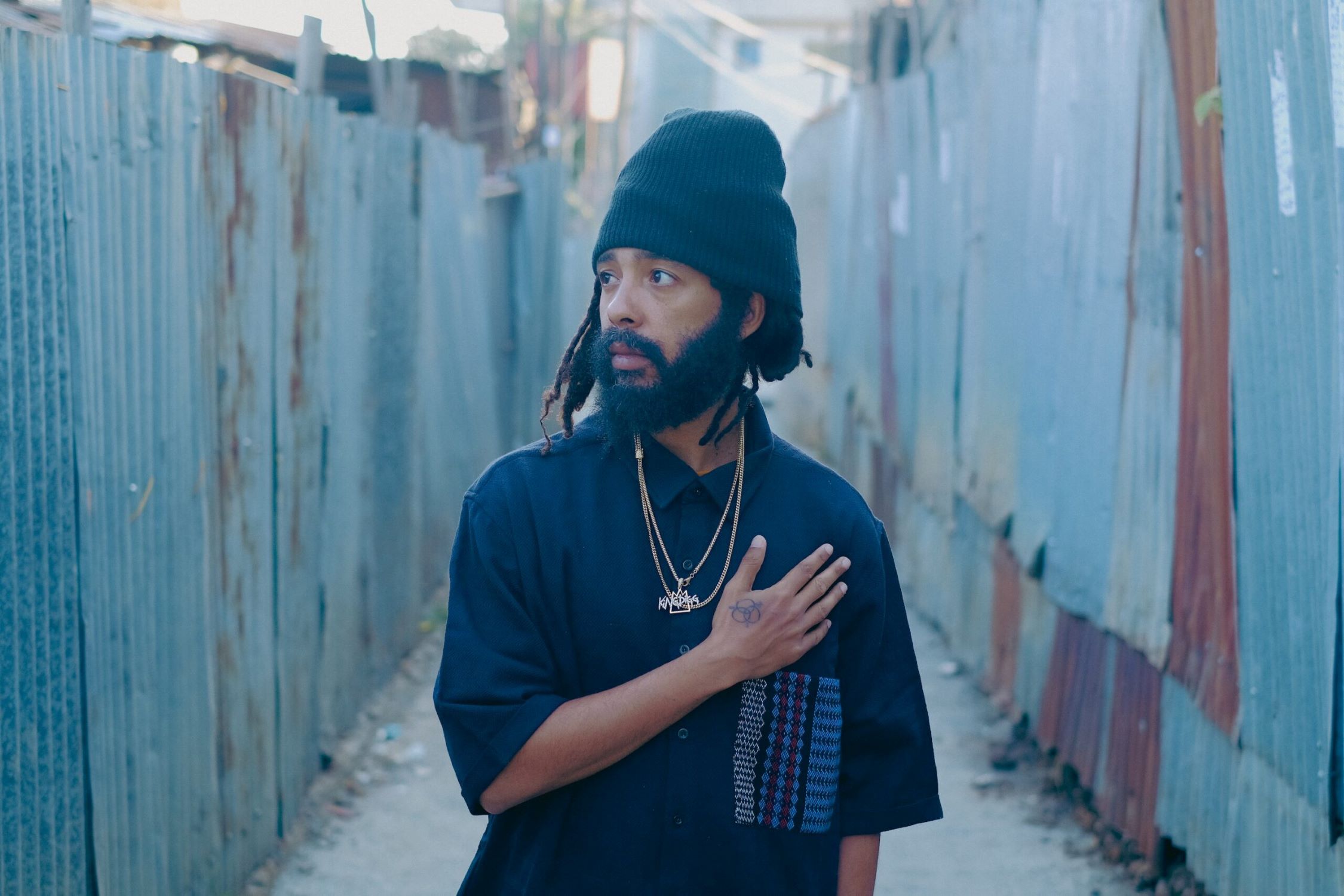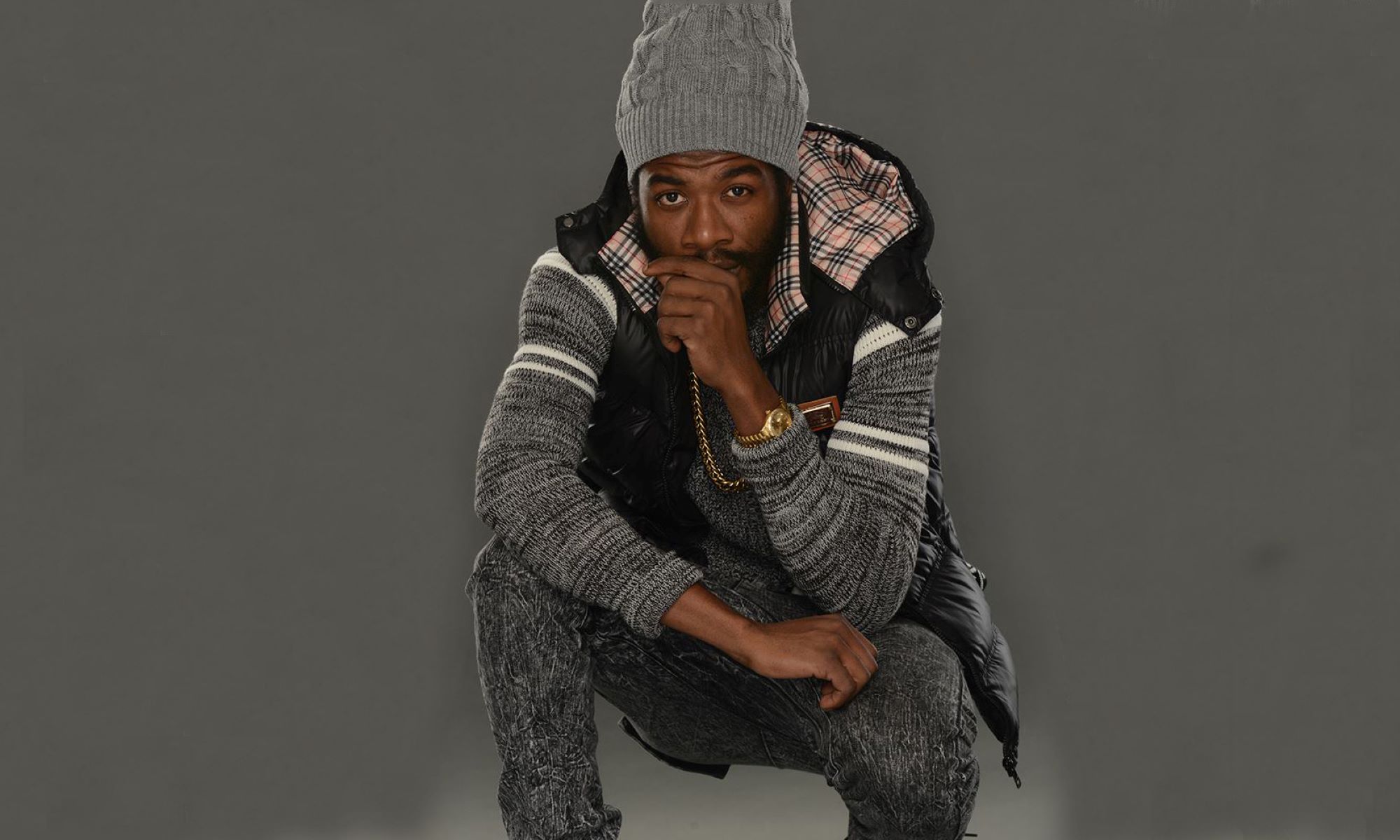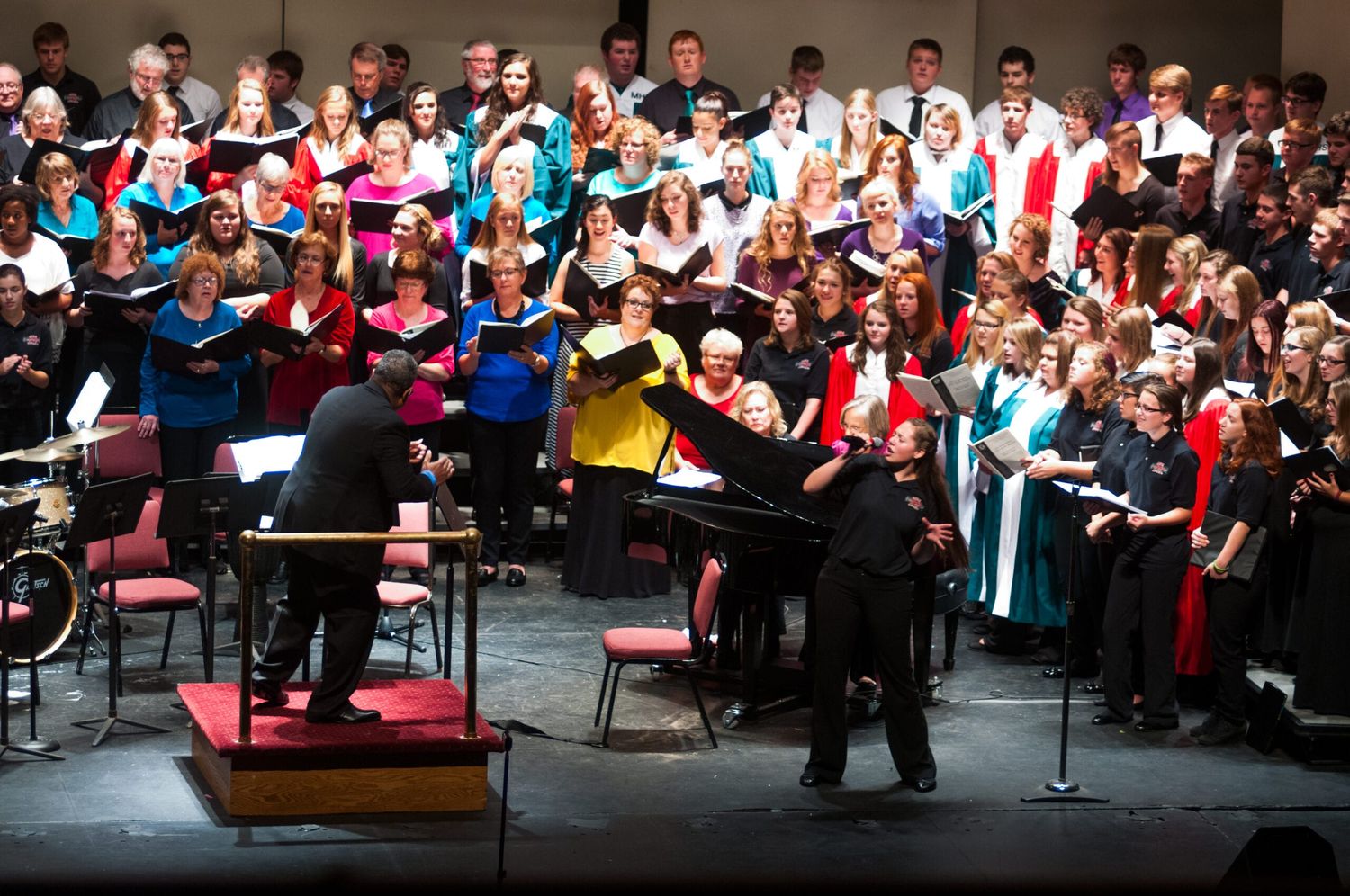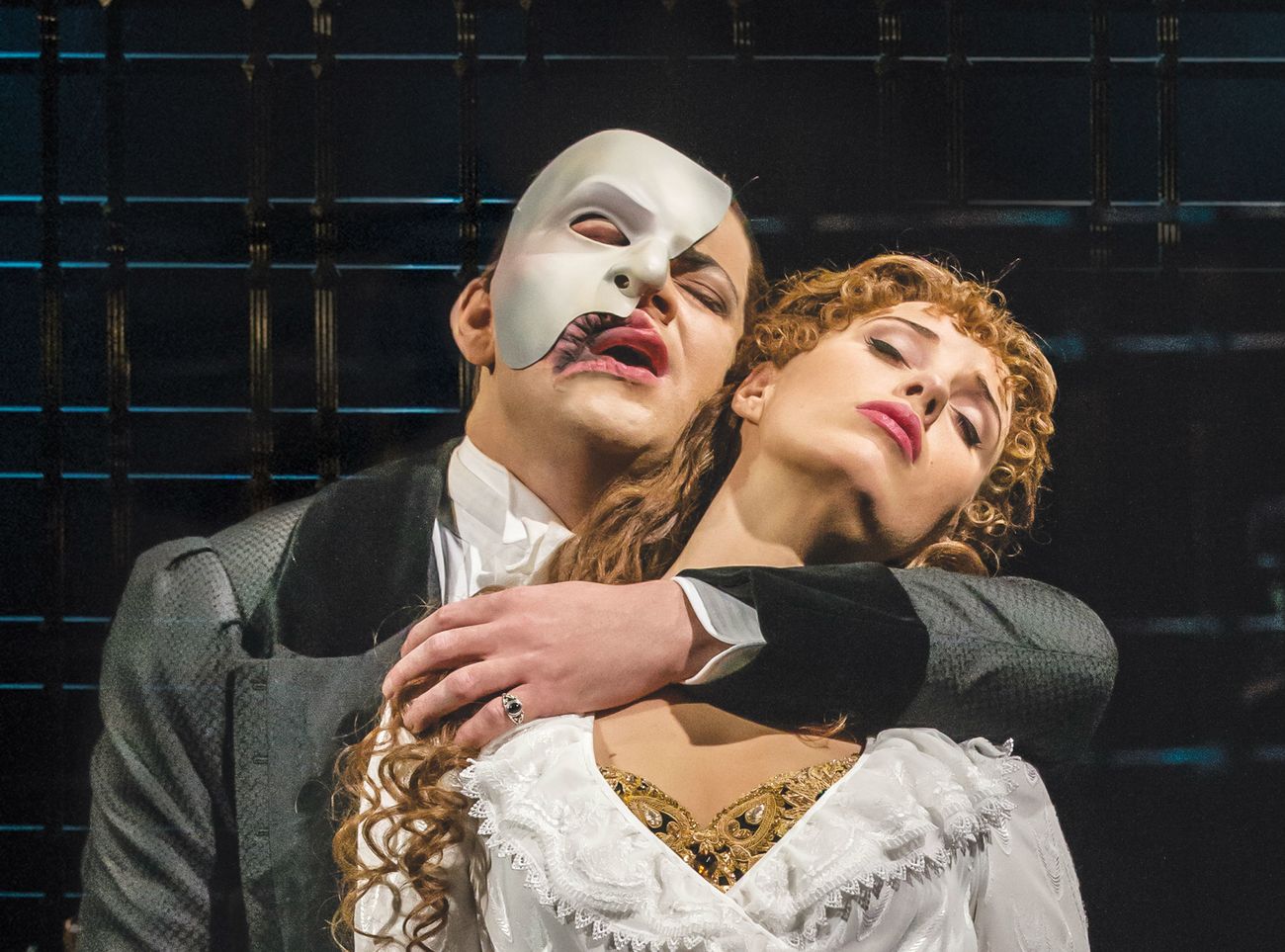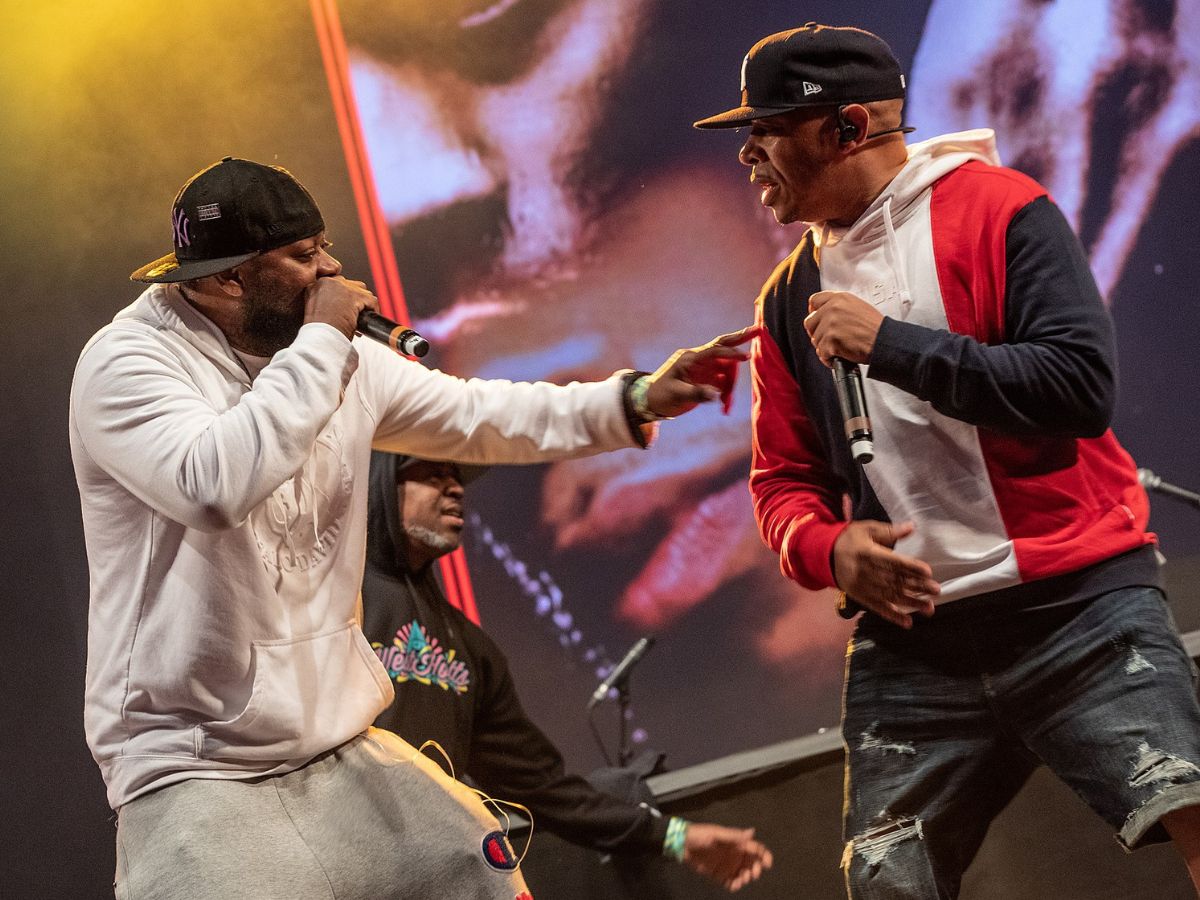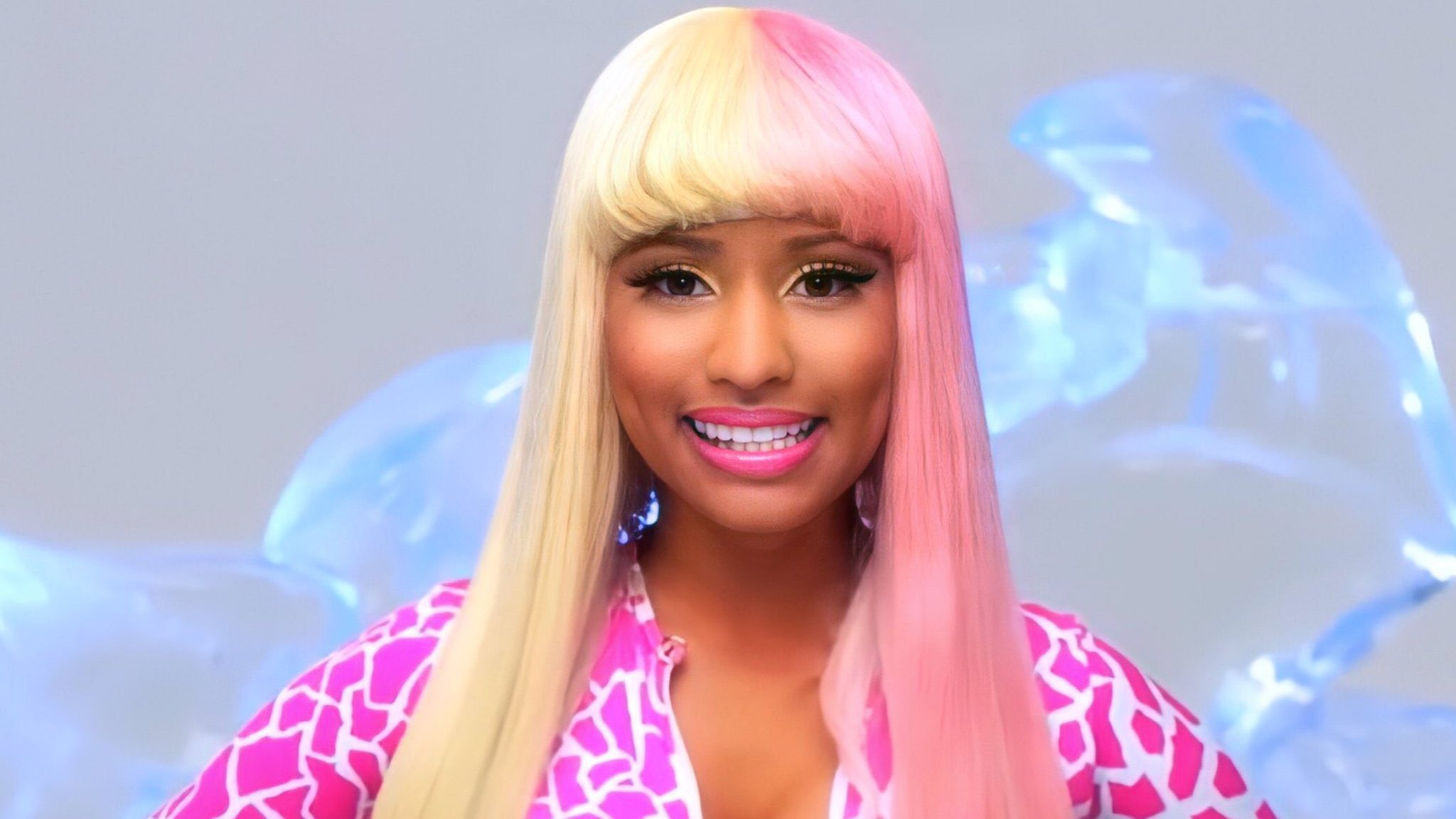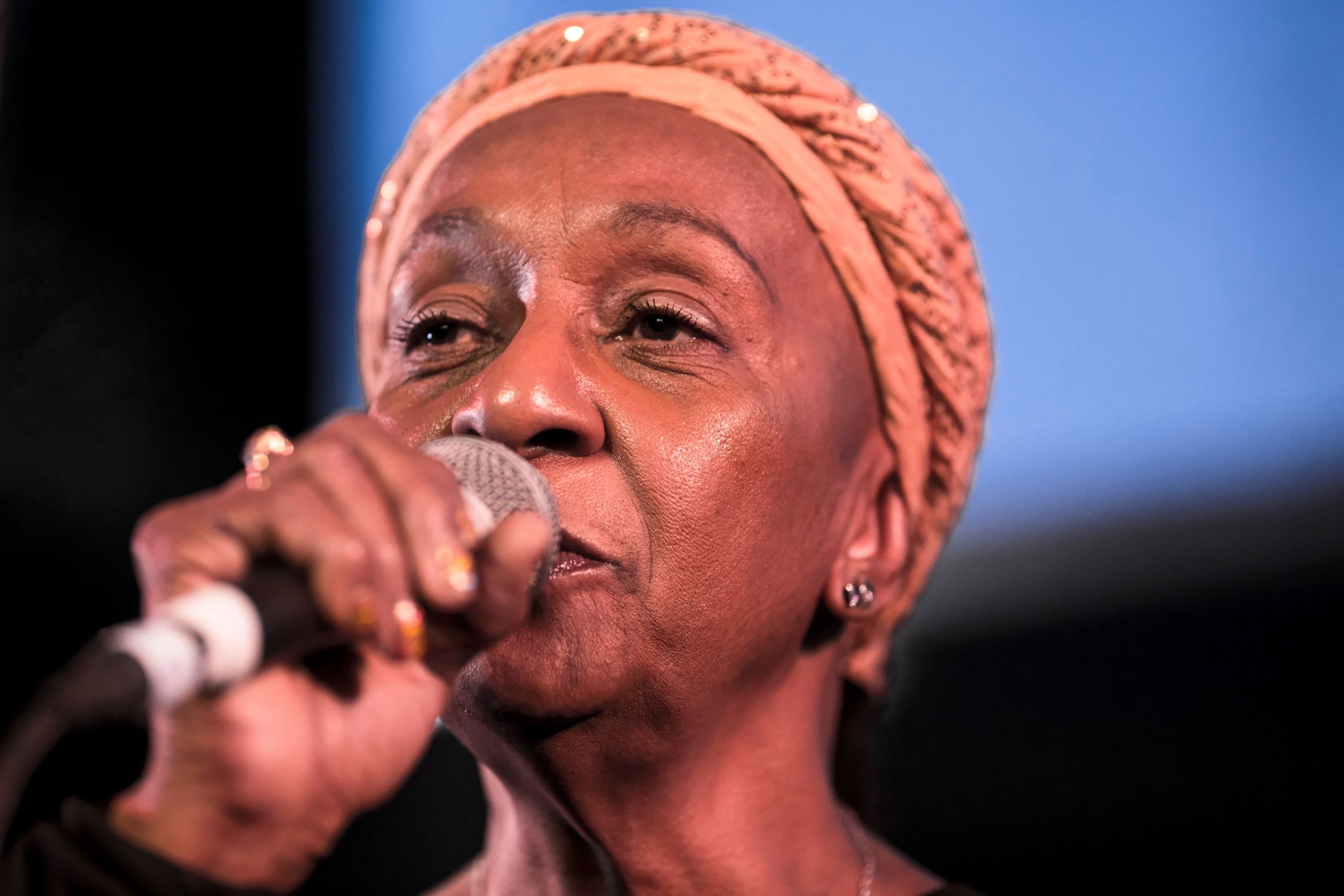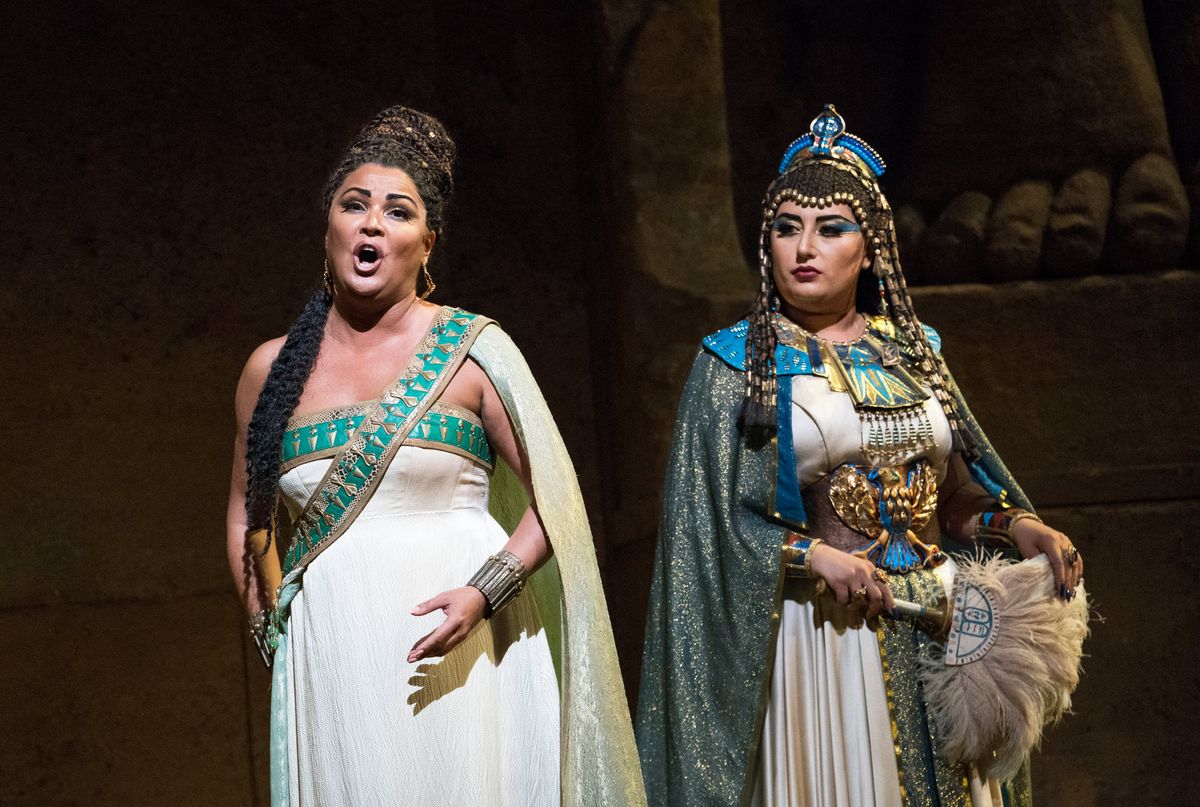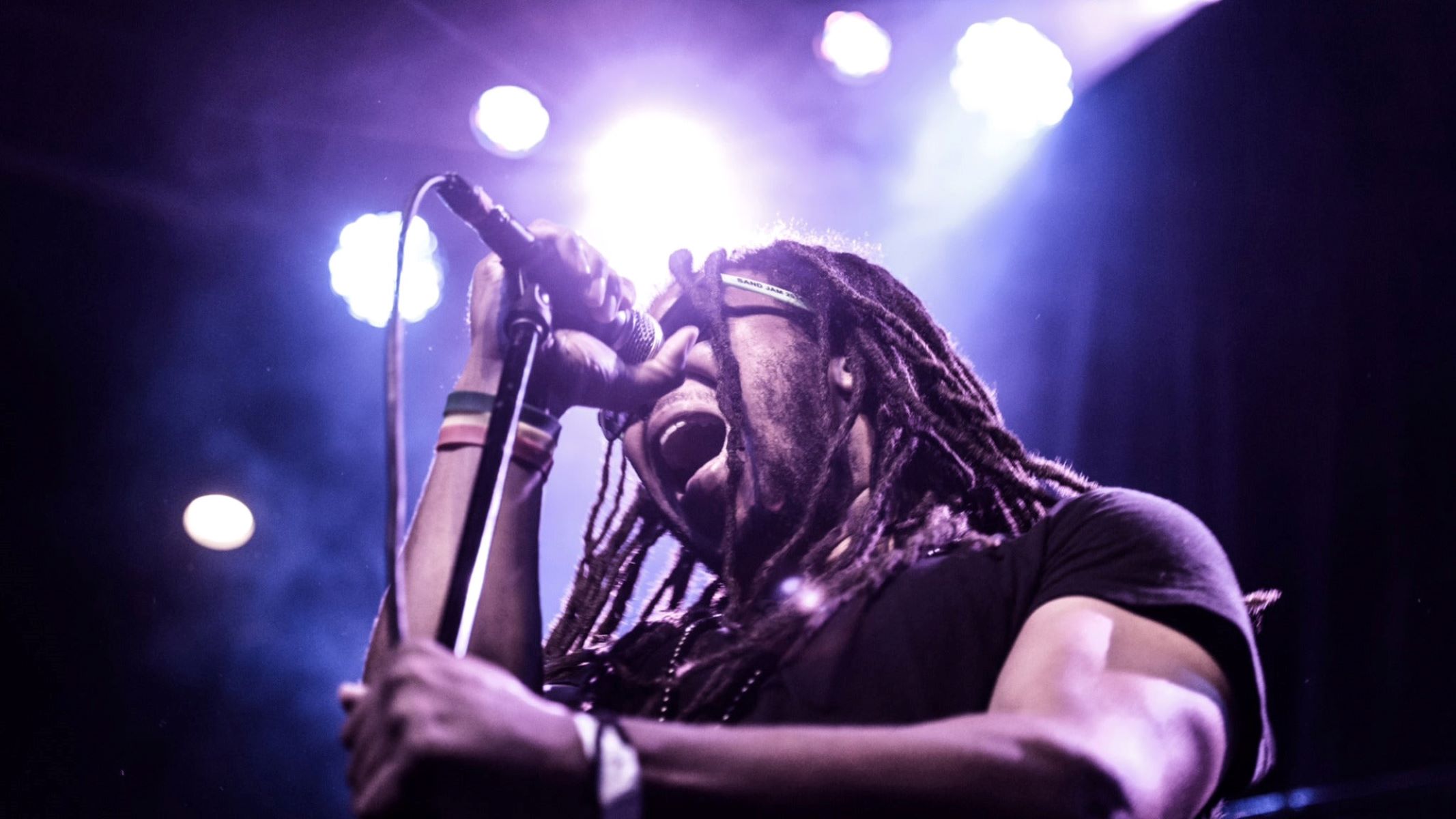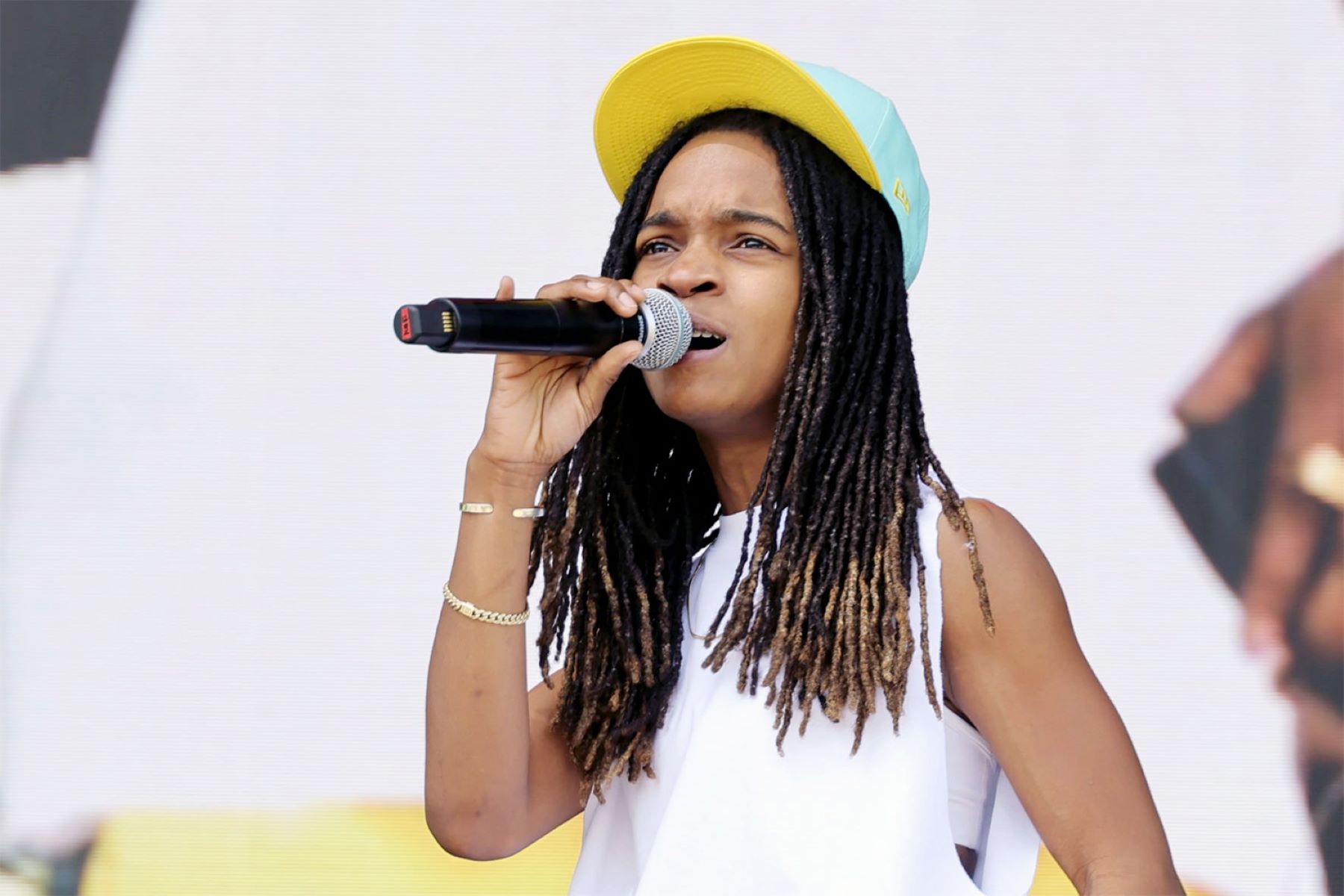

Reggae
What Are Reggae Songs About
Modified: January 22, 2024
Discover the meaning behind reggae songs and explore the vibrant themes and messages that this genre of music encompasses. From social justice to love and spirituality, dive into the world of reggae.
(Many of the links in this article redirect to a specific reviewed product. Your purchase of these products through affiliate links helps to generate commission for AudioLover.com, at no extra cost. Learn more)
Table of Contents
Introduction
Reggae music, born on the sunny shores of Jamaica, is a genre that is known and loved around the world. With its infectious rhythms, soulful melodies, and powerful messages, reggae has captivated audiences for decades. From Bob Marley’s iconic hits to the modern sounds of artists like Chronixx and Koffee, reggae has remained a symbol of positivity, hope, and cultural identity.
The roots of reggae can be traced back to the late 1960s, emerging from the fusion of traditional Jamaican music styles such as ska and rocksteady, blended with influences from rhythm and blues, jazz, and African drumming. It quickly gained popularity, not only in Jamaica but also among international audiences.
Reggae music is characterized by its distinctive offbeat rhythm, known as the “one-drop” or the “skank,” created by emphasizing the third beat in a four-beat pattern. This rhythm creates a hypnotic groove that is impossible to resist. Combined with the smooth bass lines, syncopated guitar strums, and the use of horns, reggae music has a unique sound that sets it apart from other genres.
Beyond the catchy melodies and infectious rhythms, reggae music is known for its powerful and thought-provoking lyrics. It serves as a platform for artists to express their feelings and share messages of social and political importance. From addressing issues of inequality and poverty to advocating for peace and unity, reggae music has become a voice for the marginalized and oppressed.
Furthermore, reggae music is deeply rooted in the culture and religious beliefs of Jamaica. It is strongly influenced by the Rastafarian movement, which originated in the 1930s. Rastafarianism promotes a spiritual and communal way of life, with a focus on African heritage and the worship of Emperor Haile Selassie I of Ethiopia as the Messiah. Many reggae songs incorporate religious and philosophical themes, affirming the teachings of Rastafarianism and enlightening listeners about African culture and spirituality.
In this article, we will explore the various themes and topics that reggae songs are often centred around. From social and political commentary to love and relationships, from the celebration of peace and unity to the exploration of consciousness and spirituality, reggae music covers a wide range of subject matter that resonates with listeners from all walks of life.
History of Reggae Music
The roots of reggae music can be traced back to the vibrant music scene of Jamaica in the 1960s. It was during this time that the fusion of Jamaican musical styles like ska and rocksteady paved the way for the birth of reggae as a distinct genre.
In the early years, ska music dominated the Jamaican music scene with its upbeat tempo and lively brass sections. However, as the 1960s progressed, a slower and more laid-back style called rocksteady emerged. Rocksteady, characterized by its offbeat rhythm and soulful vocals, set the foundation for what would later become reggae.
Reggae, as we know it today, gained popularity in the late 1960s and early 1970s with groundbreaking artists like Bob Marley and The Wailers, Jimmy Cliff, and Toots and The Maytals. These talented musicians brought reggae to the forefront of the international music scene, spreading its infectious rhythms and powerful messages beyond the shores of Jamaica.
Bob Marley, often referred to as the “King of Reggae,” played a vital role in shaping the sound and image of reggae music. His politically charged lyrics, infused with messages of social justice and unity, resonated with people across the globe. Songs like “Get Up, Stand Up,” “Redemption Song,” and “One Love” became anthems for empowerment and change.
In addition to Bob Marley, other reggae artists made significant contributions to the genre’s evolution. Jimmy Cliff, known for his soulful voice and captivating stage presence, gained international acclaim with hits such as “Many Rivers to Cross” and “The Harder They Come,” which also served as the title track for the iconic Jamaican film of the same name.
Toots and The Maytals, led by the charismatic Toots Hibbert, played a pivotal role in popularizing reggae with their infectious tunes and energetic performances. Their song “Do the Reggay” is said to have given the genre its name, and their music has inspired countless artists across different genres.
Throughout the years, reggae continued to evolve and diversify, incorporating elements of dancehall, dub, and roots reggae. Dancehall reggae, with its faster tempo and emphasis on DJ-style vocals, became popular in the 1980s and 1990s, bringing a new energy to the genre.
Today, reggae music remains a vibrant and influential force in the music industry. New artists like Chronixx, Protoje, and Koffee continue to push the boundaries of reggae, incorporating elements of hip-hop, R&B, and electronic music into their sound while staying true to the genre’s roots.
The history of reggae music is a testament to the power of music as a vehicle for social change and cultural expression. Its infectious rhythms, soulful melodies, and potent lyrics continue to inspire and unite people around the world, making reggae a timeless genre that will undoubtedly continue to captivate audiences for generations to come.
Roots and Culture
One of the fundamental themes in reggae music is its connection to the roots and culture of Jamaica. Reggae serves as a voice for the Jamaican people, celebrating their heritage, traditions, and struggles. The music not only reflects the history and identity of the island but also serves as a form of cultural preservation.
Roots reggae, a subgenre of reggae, focuses specifically on exploring and embracing Jamaican cultural roots. This genre often incorporates elements of traditional Nyabinghi drumming, African-inspired chants, and Rastafarian philosophy. It places an emphasis on the African diaspora and encourages listeners to connect with their roots and ancestors.
Roots reggae artists like Burning Spear, Peter Tosh, and Culture have made significant contributions to the genre, using their music as a means to educate and inspire listeners about the rich cultural heritage of Jamaica. Their songs delve into the history of the Rastafarian movement, the struggles of the Jamaican people, and the resilience of the African diaspora.
Furthermore, reggae music embraces the cultural diversity of Jamaica, which is reflected in its lyrics and musical elements. From the influence of dancehall and ska to the incorporation of Caribbean rhythms such as mento and calypso, reggae music is a melting pot of cultural influences.
Reggae songs often highlight the importance of cultural unity and celebration, encouraging listeners to embrace their heritage and cultural identity. The lyrics speak of pride in one’s roots, the significance of cultural traditions, and the need to preserve and pass on cultural knowledge to future generations.
Through reggae music, artists also raise awareness about social issues that affect Jamaican communities, such as poverty, discrimination, and inequality. By addressing these issues through their music, reggae artists strive to uplift and empower their listeners, encouraging them to stand up for justice and equality.
Overall, roots and culture are integral to the essence of reggae music. It serves as a reminder of Jamaica’s rich history, cultural diversity, and the struggles of its people. Through its powerful lyrics and infectious rhythms, reggae continues to be a unifying force that promotes cultural pride and celebrates the Jamaican heritage.
Rastafarianism
Rastafarianism, a spiritual and social movement that emerged in Jamaica in the 1930s, has had a profound influence on reggae music. Many reggae artists embrace Rastafarian beliefs and incorporate them into their songs, making Rastafarianism a core theme in reggae music.
Rastafarianism places an emphasis on African heritage, the worship of Emperor Haile Selassie I of Ethiopia as the Messiah, and a rejection of the societal norms and values imposed by colonialism. It promotes a communal and holistic way of life, focusing on equality, spirituality, and the connection between humans and nature.
Reggae songs influenced by Rastafarianism often advocate for the principles and teachings of the movement. They address issues of social justice, upliftment, and the quest for spiritual enlightenment. Rastafarian-inspired lyrics speak of liberation, the search for truth, and the rejection of Babylon, a term used to represent the oppressive and corrupt systems of the world.
Bob Marley, one of reggae music’s most prominent figures, was a devout Rastafarian and used his music as a platform to spread the teachings of the movement. Songs like “War,” based on a speech by Haile Selassie I, address the injustices faced by marginalized communities and call for unity and equality.
Other reggae artists, such as Peter Tosh and Burning Spear, also incorporate Rastafarian principles into their music. Their songs explore themes of African spirituality, the liberation of African people, and the pursuit of righteousness.
Rastafarian-inspired reggae music has not only played a role in promoting Rastafarianism but has also contributed to the wider recognition and understanding of the movement globally. Through their music, reggae artists have helped to break down stereotypes and misconceptions surrounding Rastafarianism and have offered a deeper insight into its principles and beliefs.
Moreover, Rastafarianism has had a significant impact on the aesthetic and visual elements associated with reggae music. The iconic image of dreadlocked musicians, wearing red, gold, and green and donning the symbol of the lion, reflects the influence of Rastafarianism in the reggae culture.
Overall, Rastafarianism has been a driving force behind reggae music, shaping its lyrical content, promoting social consciousness, and providing a spiritual foundation for the genre. The reggae songs inspired by Rastafarianism serve as a means of education, empowerment, and cultural expression, reinforcing the core values and principles of the movement within the music.
Social and Political Commentary
Reggae music has long been recognized as a powerful tool for social and political commentary. It serves as a platform for artists to express their views on societal issues, advocate for change, and give a voice to the marginalized and oppressed.
Reggae songs often delve into the harsh realities of poverty, discrimination, and inequality that exist in Jamaican society and beyond. Artists use their lyrics to shed light on these issues, raising awareness and sparking conversations about the need for social justice and equality.
Bob Marley, known for his outspoken stance on social and political issues, addressed themes such as racial oppression and economic injustice in his music. Songs like “Babylon System” and “Burnin’ and Lootin'” call out the corrupt systems that perpetuate injustice and advocate for the rights of the oppressed.
Other reggae artists, such as Peter Tosh, have also used their music to challenge the status quo and advocate for change. Tosh’s song “Equal Rights” is a powerful anthem that demands equality and justice for all, regardless of race, gender, or social status.
Reggae music not only highlights the problems, but it also offers hope and encouragement. It inspires listeners to stand up for their rights, resist oppression, and work towards a more equitable society. Songs like Bob Marley’s “Get Up, Stand Up” and Jimmy Cliff’s “The Harder They Come” have become anthems for activism and empowerment.
In addition to social issues, reggae music also addresses political matters, providing a commentary on the political landscape of Jamaica and the world. Many reggae artists use their platform to critique government corruption, oppression, and the abuse of power.
Through their lyrics, reggae artists aim to educate, mobilize, and inspire positive change. Their music serves as a call to action, urging individuals to be aware of the social and political issues affecting their communities and to work towards a more just and inclusive society.
Furthermore, reggae music has transcended its Jamaican roots and has become a voice for global social and political movements. It has been embraced by activists and protesters worldwide, who use reggae songs as anthems of resistance and unity.
The power of reggae music lies in its ability to connect with people on a deep emotional and intellectual level. Its messages of social consciousness and political awareness resonate with listeners, igniting passion and inspiring them to make a difference in their own communities.
Ultimately, reggae music’s social and political commentary serves as a reminder that music has the power to provoke change, challenge the status quo, and uplift the voices of those who are often unheard.
Love and Relationships
While reggae music often addresses social and political issues, it also explores the complexities of love and relationships. From soulful ballads to upbeat love songs, reggae captures the essence of human emotions and offers a unique perspective on matters of the heart.
Reggae songs about love convey a range of emotions, from the blissful euphoria of new love to the heart-wrenching pain of heartbreak. The lyrics are often poetic, expressing deep affection, longing, and vulnerability.
These songs touch on various aspects of relationships, including romantic love, familial love, and friendship. They celebrate the beauty of love, emphasizing its power to heal, unite, and bring joy to our lives.
Artists like Bob Marley, Dennis Brown, and Beres Hammond have crafted timeless love songs that speak to the universal experience of love. Tracks such as Marley’s “Is This Love” and Brown’s “Love Has Found Its Way” resonate with listeners around the world, capturing the essence of pure and unconditional love.
Reggae songs often explore the challenges and complexities of relationships as well. They reflect on the highs and lows, the ups and downs, and the efforts required to maintain a strong and healthy relationship. These songs speak of resilience, forgiveness, and the commitment to overcoming obstacles for the sake of love.
In addition to romantic relationships, reggae music also highlights the importance of familial love and the bond between parents and children. Artists like Marcia Griffiths and Freddie McGregor have produced songs that celebrate the love between generations, emphasizing the significance of family unity and support.
Reggae music has also been a source of empowerment for women, with female artists such as Judy Mowatt and Marcia Griffiths singing about strength, self-love, and the importance of healthy relationships. These songs challenge gender norms and advocate for respect and equality in romantic partnerships.
Overall, reggae music’s exploration of love and relationships offers a heartfelt and relatable perspective on the joys, challenges, and complexities of human connections. Whether it’s a tender love ballad or an uplifting anthem of self-love, reggae music provides a soundtrack to the emotional journey of love and reminds us of the power it holds in our lives.
Peace and Unity
Throughout its history, reggae music has been synonymous with the promotion of peace and unity. Rooted in the principles of Rastafarianism and inspired by the social and political climate of Jamaica, reggae artists have used their music to advocate for harmony, understanding, and the eradication of division.
Reggae songs that focus on peace and unity often emphasize the need for empathy, compassion, and respect for one another. They serve as a call for unity among different races, cultures, and social backgrounds, breaking down barriers and fostering a sense of togetherness.
Bob Marley’s “One Love” is a timeless anthem that epitomizes the spirit of peace and unity in reggae music. With its simple yet profound message, the song encourages listeners to come together as one and find common ground, regardless of their differences. It has become a symbol of global unity and a rallying cry for social change.
Other reggae artists have also contributed to the theme of peace and unity in their music. Artists like Burning Spear, Third World, and Steel Pulse have written songs that address issues of racial equality and the urgent need for peace in a world plagued by conflict and division.
Reggae’s commitment to peace and unity is not limited to lyrics alone. The genre’s infectious rhythms and uplifting melodies create an atmosphere of positivity and collective celebration. Reggae concerts and festivals serve as spaces where people from all walks of life can come together, dance, and share a sense of unity.
Beyond the music, reggae culture is deeply intertwined with the concept of unity and peace. The iconic peace sign, the Jamaican flag representing diversity, and the Rastafarian colors of red, gold, and green symbolize solidarity and the desire for a better world.
Reggae’s commitment to peace and unity extends beyond its Jamaican origins. The genre has become a global phenomenon, embraced by people from diverse backgrounds who share its vision of a harmonious and inclusive society.
Reggae music serves as a reminder that despite the challenges and conflicts we face, there is always a possibility for change and unity. It inspires listeners to embrace humanity, build bridges, and work towards a world where peace and understanding prevail.
Ultimately, reggae’s dedication to peace and unity solidifies its position as more than just a genre of music. It is a movement that encourages respect, love, and togetherness, using the power of music to create a positive and transformational impact on individuals and communities around the world.
Ganja and Marijuana
One of the recurring themes in reggae music is the mention of ganja, or marijuana. Reggae artists have often incorporated references to the plant in their songs, discussing its cultural, spiritual, and recreational significance.
In Jamaican culture, ganja holds a long-standing and complex history. It is deeply intertwined with Rastafarianism, where the sacramental use of ganja is seen as a way of connecting with the divine and achieving a higher state of consciousness. Rastafarians believe that the herb is a natural gift from Jah (God), and they incorporate it into their spiritual rituals and practices.
Reggae songs that reference ganja reflect both its spiritual significance and its recreational use. From Bob Marley’s “Kaya” to Peter Tosh’s “Legalize It,” these artists promote the herb as a symbol of personal freedom, advocacy for the decriminalization of marijuana, and opposition to oppressive drug laws.
In addition, reggae music pays homage to the role of ganja as a source of inspiration for artistic creation. Many artists believe that the herb enhances creativity and unlocks new levels of consciousness, allowing them to express themselves freely through their music.
While the mention of ganja in reggae music promotes its positive aspects, it is important to note that the legalization and use of marijuana varies across different countries and is subject to legal restrictions. The lyrical content of reggae songs should not be seen as a blanket endorsement of the recreational use of marijuana, but rather as an exploration of its cultural and spiritual significance.
It is worth highlighting that some reggae artists, especially those affiliated with the Rastafarian movement, use ganja as a means of promoting the principles and beliefs of the movement rather than advocating for its recreational use.
Reggae’s association with ganja serves as a reflection of the culture and societal norms of Jamaica, where the herb has played a significant role for centuries. It acts as a symbol of unity, spirituality, and resistance against oppressive forces and oppressive drug policies.
Moreover, the discussion of ganja in reggae music has also contributed to the wider conversation surrounding the decriminalization and legalization of marijuana globally. It has helped to shed light on the potential medicinal benefits of the plant and has sparked dialogue about the societal and economic implications of its controlled use.
While ganja remains a controversial topic, reggae music continues to weave its presence into the genre, highlighting its cultural significance, spiritual associations, and the ongoing discussions surrounding its legalization and usage.
Party and Celebration
Reggae music is known for its infectious rhythms and ability to create a vibrant and joyful atmosphere. It’s no surprise, then, that reggae songs often celebrate the spirit of partying and provide a soundtrack for celebration.
Reggae party anthems are characterized by their upbeat tempo, catchy melodies, and lyrics that encourage listeners to let loose and enjoy life. These songs embrace the essence of Caribbean culture, where music and dance are integral parts of social gatherings and celebrations.
From classic hits like Bob Marley’s “Jamming” to modern dancehall tunes, reggae party songs ignite a sense of joy, unity, and carefree spirit. They invite listeners to forget their worries and immerse themselves in the music, creating an atmosphere of pure euphoria.
Reggae parties, whether in Jamaica or anywhere else in the world, are known for their energetic dance moves, such as the iconic “skanking,” which involves rhythmic footwork and swaying to the music. Partygoers come together as a collective, sharing the love for reggae music and enjoying the positive energy it emanates.
Furthermore, reggae celebrations are not limited to the physical act of partying. They also encompass cultural events and festivals that bring communities together to showcase the vibrancy of reggae music and dance. Events such as Reggae Sumfest in Jamaica, Rototom Sunsplash in Spain, and the Bob Marley Tribute Concerts serve as platforms for artists to perform and fans to revel in the spirit of reggae.
In addition to the party atmosphere, reggae music also celebrates cultural resilience and the triumph of the human spirit in the face of adversity. Many reggae songs tell stories of overcoming struggles, rising above challenges, and embracing life’s joys. These songs inspire listeners to find strength and positivity, even in difficult times.
Reggae’s celebration of life echoes the philosophy of living in the present moment and finding happiness in the here and now. It encourages individuals to make every moment count, to appreciate the beauty of life, and to celebrate the unity and togetherness that music can bring.
Ultimately, reggae party and celebration songs provide an escape from the mundane and offer a dose of pure enjoyment. They remind us to take a moment to unwind, dance, and celebrate the essence of being alive.
Consciousness and Spirituality
One of the defining aspects of reggae music is its exploration of consciousness and spirituality. Rooted in the Rastafarian movement and influenced by African spirituality, reggae songs often delve into metaphysical concepts and offer a deeper understanding of the human experience.
Reggae artists use their music as a vehicle to explore topics such as enlightenment, self-awareness, and the connection between mind, body, and soul. These songs encourage listeners to reflect on their own spiritual journey and embrace a higher level of consciousness.
Within reggae music, there is an emphasis on the power of positive thinking, love, and inner peace. Artists like Bob Marley, Burning Spear, and Bunny Wailer have crafted songs that promote spiritual growth, encourage introspection, and inspire listeners to seek a deeper meaning in life.
Rastafarian beliefs, which are interwoven into reggae music, highlight the importance of African spirituality and the worship of Emperor Haile Selassie I of Ethiopia as the divine figure. Many reggae songs incorporate biblical references and celebrate the divinity within each individual.
Reggae also touches on themes of redemption and liberation, exploring the idea that spirituality and conscious living can lead to personal and collective transformation. Songs like Bob Marley’s “Redemption Song” and Burning Spear’s “Slavery Days” serve as reminders of the power that lies within individuals to overcome oppression and strive for freedom.
In addition, reggae music acknowledges the interconnectedness of all beings and the importance of unity and love. It encourages listeners to foster compassion, respect, and empathy towards others, recognizing that we are all part of a greater whole.
Moreover, reggae songs often advocate for environmental consciousness and the need to protect and respect the Earth. Artists like Peter Tosh and Ziggy Marley have championed environmental activism through their music, urging listeners to be stewards of the planet and to recognize the sacredness of nature.
Reggae’s exploration of consciousness and spirituality serves as a reminder of the depth and richness of the genre. It offers a space for introspection and encourages listeners to question their beliefs and perceptions, fostering personal growth and self-awareness.
Ultimately, reggae music promotes a holistic approach to life, emphasizing the importance of spiritual well-being, personal growth, and a harmonious connection with the world around us. Through its thought-provoking lyrics and soulful melodies, reggae invites listeners to embark on a journey of self-discovery and embrace a deeper understanding of the human experience.
Conclusion
Reggae music, with its infectious rhythms, powerful messages, and cultural significance, has taken the world by storm. From its roots in Jamaica to its global influence today, reggae has become more than just a genre of music – it is a movement, a voice, and a symbol of positivity, unity, and social change.
Throughout this article, we have explored the diverse themes and topics that reggae songs often revolve around. From its rich history and cultural roots to its social and political commentary, reggae music serves as a reflection of the human experience, addressing both the challenges and triumphs of life.
Reggae songs go beyond mere entertainment; they carry messages of love, peace, and social justice. They challenge societal norms, inspire activism, and foster a sense of belonging and understanding among listeners. Whether it’s addressing issues of inequality, celebrating love and relationships, or exploring consciousness and spirituality, reggae music encapsulates the essence of being human.
Reggae’s impact extends far beyond the music itself. It has become a cultural phenomenon, influencing fashion, art, and even language. The aesthetics and lifestyle associated with reggae, from the iconic red, gold, and green colors to the dreadlocked image of the reggae artist, have become recognizable symbols of the genre’s cultural significance.
Reggae’s global appeal can be attributed to its ability to connect with people on a profound level. Its messages of unity, empowerment, and positive change resonate with individuals from different backgrounds, cultures, and generations. Reggae has the power to transcend boundaries and bring people together, fostering a sense of solidarity and celebrating the diversity of the human experience.
In conclusion, reggae music represents the triumph of the human spirit, the power of music as a force for social change, and the celebration of culture, love, and consciousness. It continues to inspire and influence artists from all corners of the globe, ensuring that its legacy as a genre that promotes unity, peace, and social justice will endure.
As we continue to embrace the rhythms and messages of reggae, let us remember its ability to bring people together, to awaken our social consciousness, and to uplift our spirits. Reggae music is not just a sound – it is a movement, a mindset, and a testament to the incredible ability of music to shape and transform the world.

